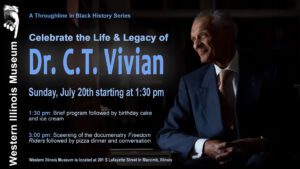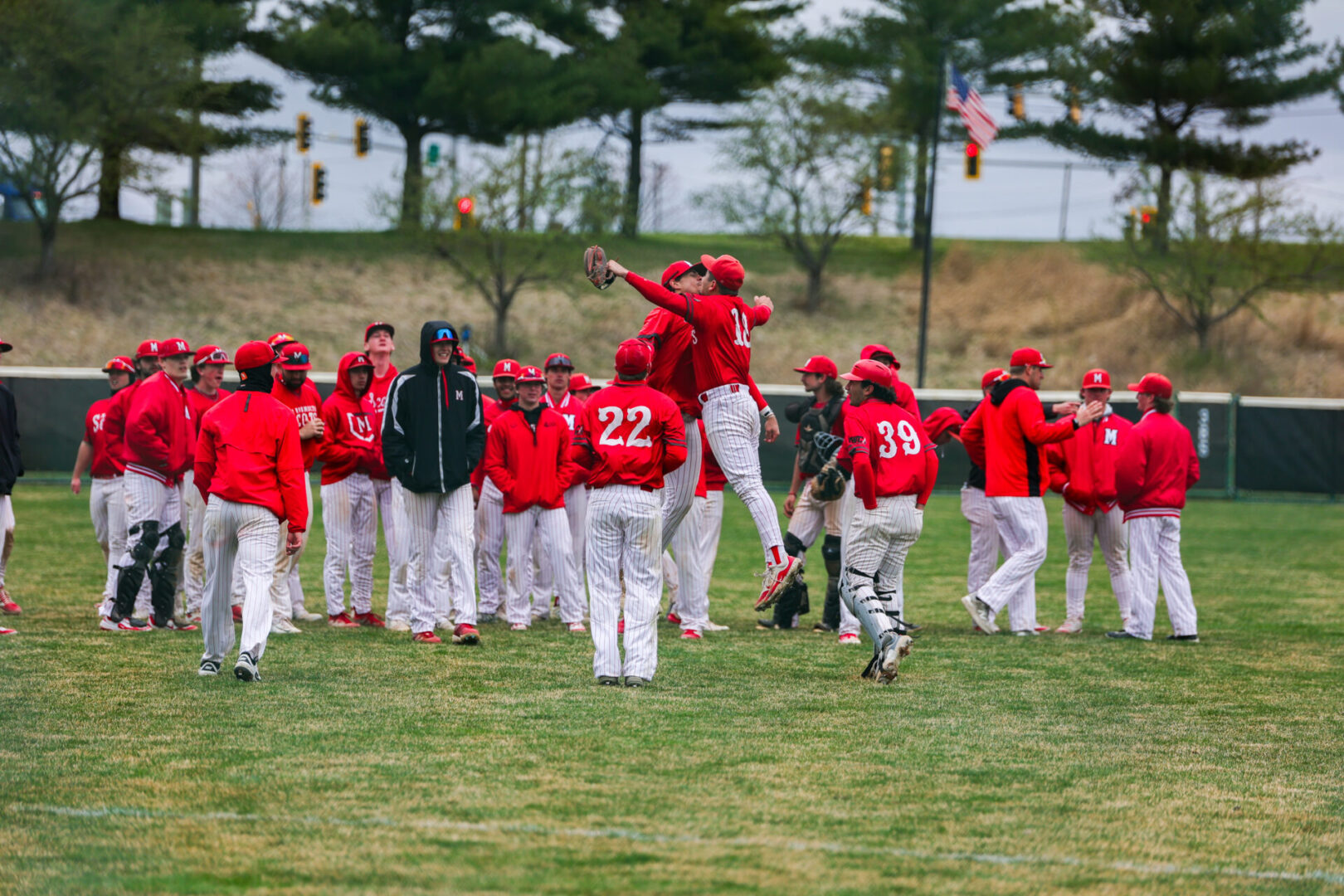By Thomas Best
Are you like me in that you save magazines from decades ago, thinking that someday you will want to reread them and see how the situations and people this journal once discussed have created a better or worse future.
While I was teaching a course on the Civil War at Monmouth College in April 2011, Time Magazine put out an issue with the cover title: “Why We’re Still Fighting the Civil War: The endless battle over the war’s true cause would make Lincoln weep.” The cover art features a photograph of Abraham Lincoln with a tear rolling down his face.” The primary article was written by David Von Drehle and featured a headline “The Way We Weren’t: North and South shared the burden of slavery, and after the war, they shared in forgetting it. But 150 years later, it’s time to tell the truth.”
Now thirteen years after Time’s publication of Von Drehle’s both ominous words and his hope for a more honest telling of the past, I vividly recall sharing this writers’ thoughts with my college students. My emphasis then, as it would be now, is that history is often complex and contentious in its telling.
As witnessed in the photographs and accounts of men and women who were very active in portraying life as soldiers and camp personnel in the Civil War, there was an intense fascination of this “War of the Rebellion” or the “War of Northern Aggression”—all such notions predicated on your geographic and partisan roots. I knew many reenactors at the time and not only took my 7th graders to Civil War Reenactments (such as the one in Galesburg, which is still held every August), but I invited several friends—who portrayed various soldiers and Civil War surgeons—to come to my classes at Monmouth College to explain what the Civil War meant to them. In their friendly, but still very serious manner, they explained what this horrific war meant to ordinary people, folks who believed they were fighting either to save our “union” or on behalf of the concept of “states’ rights” and “property rights.” Of course, a related issue they did not shy away from in their conversations was that slavery was at the heart of so many elements of the causes of this war which ultimately claimed the lives of somewhere between 600,000 to 700,000 Americans. Abraham Lincoln himself, who was no abolitionist in 1861 when he took office, but strongly sought to thwart the expansion of slavery both geographically and economically, said in his Second Inaugural Address that the fight over the existence of slavery was being fought to the extent that people in both the North and the South were now paying for decades of American inaction regarding the scourge of enslavement of human beings.
Lincoln, perhaps more than any contemporary American realized the price our nation was paying for this war. The question is now, more than ever, what we should learn about the causes of this war and its consequences. We will continue our look at the Civil War next week.













